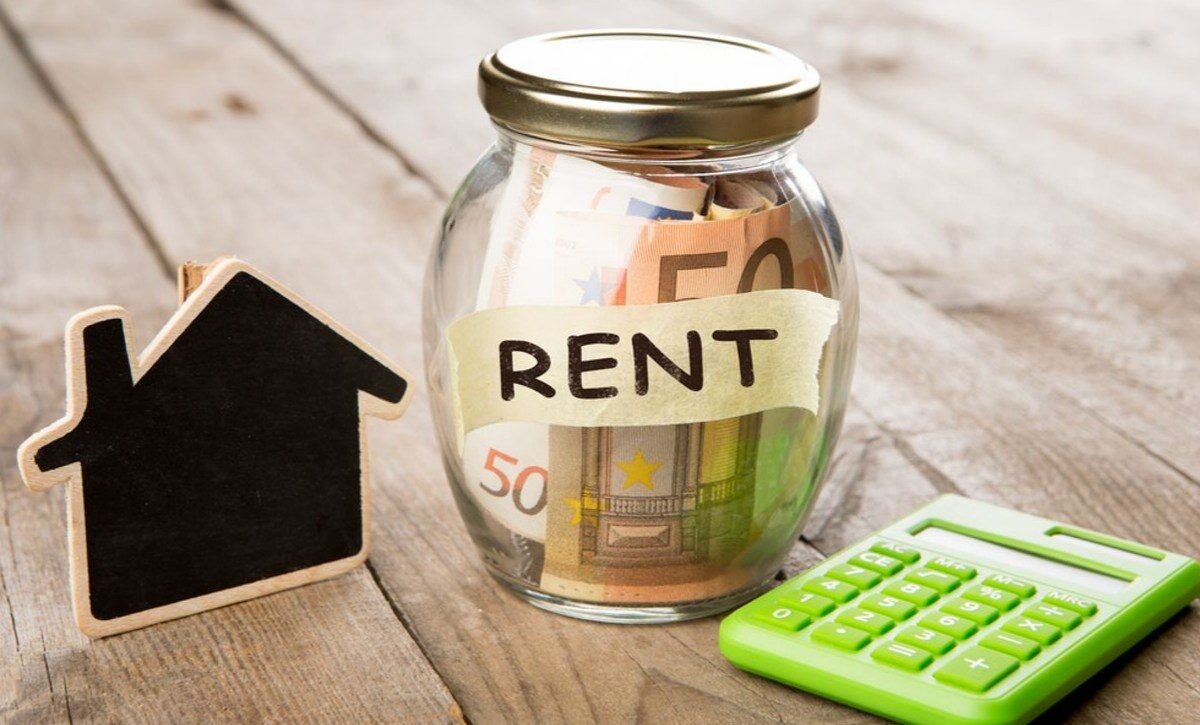Rental property investment comes with high costs and returns. It’s one of the most lucrative retirement investment solutions that offer a long-term and steady income. Before you consider investing in property Central, it will be wise you understand the costs, returns, and long-term financial benefits of rental property.
Income From Rental Property
Rental property is specifically designed to give out returns on a long-term basis. However, not all rental properties will deliver long-term profits. The core reason for investing in rental homes is to earn a good income without investment much on the same. When deciding whether to invest in rental properties or not, you must factor in the expenses associated with buying the property first.
Following the golden rule of assumption, your rental property expenses are 50% of the total gross amount collected from your property throughout the year. You can get more accurate figures for your rental property expenses by breaking down the expenses into capital and operating expenditures.
- Operating Expenses
These are the recurring expenses incurred by your property in the long run. They include but not limited to annual property taxes, property management costs, vacancy costs, property insurance, repair items, and routine maintenance costs. These costs cannot be avoided, and so they are a mandatory consideration when factoring the costs of owning a rental property.
- Capital Expenses
These are the kind of expenses you cannot predict because they happen when less expected. They are simply costly irregular and unexpected expenses. These may include but not limited to repair and replacement of damaged roofs, water heaters, flooring, air conditioner, and lots more.
Rental Property Returns
When you buy a rental property, you want to earn profits from it. You can tell how much to expect in terms of profits from the property by factoring in various things. Since you have already calculated the gross income and the expenses, it’s possible to calculate the cash-on-cash return from your rental property.
Minus the total operating expenses from the annual gross income generated by your property. Divide the remaining amount by your property rental’s purchase price to get your cash-on-cash return. It is wise to remember that the cash-on-cash return doesn’t take into consideration financing and capital expenditures.
For you to know if you will be getting any cash flow after all expenditures, you should also subtract your monthly mortgage payment and capital expenditures. The figures may not always be accurate, so don’t stress yourself so much when you get a figure that’s extra little as the annual cash flow.
Anyone considering investing in rental properties can buy an already built home or build one in their undeveloped land. The cost will always be the same, with only an insignificant difference. Which way you decide to go, you must keep in mind that there are still fake property sellers that can dupe you in minutes if you aren’t careful. You can browse and compare different rental property central options for easy assessment and selection, so you don’t end up with wrong or poorly conditioned property that won’t deliver value for money

